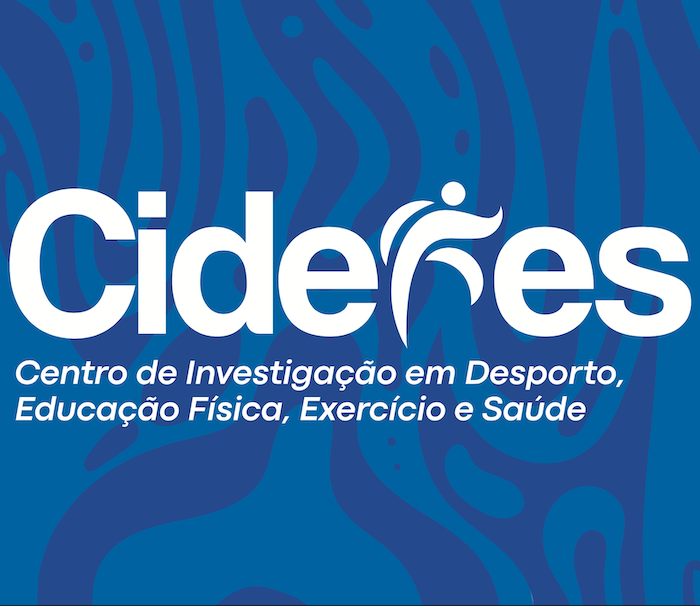News
RegularMente
This project is funded by BIAL, from January 203.
Principal Investigator / Hosting institution
Iolanda Galinha - Universidade Autónoma de Lisboa
Timeline
(if funded) Jan 2023 - Dec 2025
Participating institutions
- Faculty of Psychology - University of Lisbon
- Faculdade de Medicina da Universidade de Lisboa
- CIDEFES - Universidade Lusófona
Other Investigators
- Vitória Ortega Cardoso
- Gina C. Lemos
- Hélder Miguel Fernandes
- Augusta Gaspar
- António Labisa Palmeira
- Joana Sampaio de Carvalho
- Joaquim Melro
- Margarida Gaspar de Matos
- Cátia Cristina Peixinho Reis
Aims
To evaluate the effects of a relaxation and guided imagery intervention on a range of socioemotional, physiological, cognitive and academic outcomes of school-aged children measured through self-reports, neuropsychological and physiological measures, as well as teachers and parent’s reports.
Abstract
Mental imagery has long been used in psychological therapies, but only recently has research
started to provide a relevant scientific basis (Blackwell, 2019; Utay & Miller, 2006). Imagery
interventions are inexpensive and have a body of research supporting their effectiveness on
behavior change, the promotion of adaptive health outcomes, the reduction of anxiety and
adherence to medical interventions (Conroy & Hagger, 2018), as well as on improving sport's
performance (Jose & Joseph, 2018) in adults and children. However, literature on the relaxation
and guided imagery intervention benefits for children in elementary school context is very scarce.
The few evidences of the effects of these interventions on the well-being, socioemotional
competences, self-regulation of emotions and behavior, cognitive function and academic
achievement are lacking or have limited scientific validity, with a very low number of randomized
controlled trials (RCT) and reduced sample sizes (Schwarz et al., 2020). Therefore, literature
stresses the importance of developing systematic and methodologically valid research to test the
potential effects of guided imagery as a cost-effective intervention for the well-being and
development of children in school context. This RCT aims to contribute to the body of research by
implementing and testing the benefits of an intervention program "RegularMente" applied by
Vértices Association in elementary schools since 2017. The RegularMente/RegularMind
intervention is based on relaxation and guided imagery and includes 3 components: 1. Relaxation
exercises, breathing and closing the eyes; 2. The proposal of a guided imagery (through narrated
scripts) that leads children to the experience of positive emotions and exposure to three major
themes: adaptive beliefs about oneself (c.g,. self-esteem, self-efficacy); relationships with others
(e.g., social competences, self-regulations); and relationship with the environment (e.g., nature,
ecology); 3. Instructions for self-regulation of body posture and the use of touch to support
children in the posture self-regulation. is The intervention is developed in class for 15 minutes before
learning activities, three times per week, for five months 57 (three-weekly) sessions. Intervention
will be developed by trained technicians in the RegularMente Intervention. Effects of the
intervention will be measured on a range of emotional, physiologic, and cognitive outcomes of
school aged children. From the total number of TEIP schools • Programa Territórios Educativos de
Intervenção Prioritária, identified for priority intervention with which Vértices has an established
protocol in Lisbon, all classes (3rd and 4th grades) will be listed and numbered. From this list, 12
classes will be randomly selected and distributed to the three condition groups (a) relaxation and
guided imagery, (b) just relaxation, and (c) control. The sample will comprise 240 students (3rd e
4th graders, 8-11 years-old). The study is aRCT, and includes three data collection points: pretest,
post-test, and a six-month follow-up. This project uses mixed data collection strategy that
includes students' structured and unstructured self-report data, cognitive testing, academic records
and physiological activity, as well as teachers and parents' reports on students.

